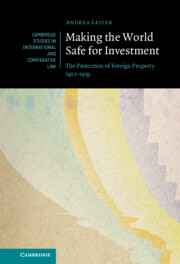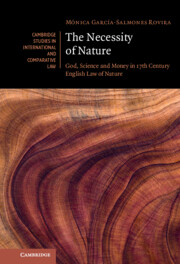 |
| Image source: Collège de France |
L'Europe face à la puissance militaire : le lion peureux en quête de paix
Website of the European Society of International Law's Interest Group on the History of International Law.

 |
| Image source: Collège de France |
Call for Papers: Historical
Perspectives on Fairness in International Law
The ESIL Interest Group on the History of
International Law invites submissions of abstracts for its upcoming workshop on
the theme Historical Perspectives on
Fairness in International Law.
We are interested in exploring historically
informed questions on the nature, variety and significance of the concept or the
rhetorical assertion of fairness in international law. We understand fairness
to be an element of many different frameworks of thinking about justice and the
distribution of goods and of entitlements, including frameworks influenced by a
plurality of moral, political, cultural and religious perspectives.
We welcome proposals that contribute an
historical dimension and sensitivity to the question of fairness in
international law, including but not limited to:
·
The
delineation of discourses of fairness within the history and development of international
law
·
The
historical development and significance of fairness in specific areas of
international law, such as international organisations and institutions, the human
rights regime, international criminal justice or international economic law
·
The
role of historical events and figures in shaping the concepts and discourses of
fairness in international law
·
The
impact of broader historical sociopolitical and sovereign processes in
constructing the meanings of fairness in international law
·
The
historical analysis of the deployment of fairness in international adjudication
of disputes and in the governing instruments of dispute resolution institutions
·
The
influence of historical understandings and articulations of fairness in
international law on contemporary scholarship and practice
· The historical evolution of the concept of fairness as it relates to the distribution of economic resources between sovereign states
We are particularly interested in papers that
engage with non-Western perspectives on the history of fairness in
international law, and that explore the contributions of scholars and
practitioners from different regions of the world to the development of the
concept of fairness. We welcome submissions from scholars and practitioners at
all stages of their careers, and particularly encourage submissions from
early-career scholars and scholars from underrepresented regions and
perspectives.
Submissions should include an anonymized abstract
of no more than 500 words in Word, accompanied
by a separate file with a short bio
of the author(s), contact information and the title of the abstract. The
abstract should be submitted by the 14th of April to j.morss@latrobe.edu.au. The workshop will take place on August 31st, from
9:30 am to 12:30 pm, the day before the start of the main conference. It will allow participants to engage in a
critical discussion of their research and receive feedback from other scholars
and practitioners.
|
The Interest Group is unable to provide
funding for travel and accommodation. Selected speakers will be expected to
bear the costs of their own travel and accommodation. Some ESIL travel grants and ESIL carers’ grants will be available to offer
partial financial support to speakers who have exhausted other potential
sources of funding. Please see the ESIL website for all relevant information
about the conference. All participants at ESIL Interest Group
workshops are required to register for the Annual Conference. There will be
an option to register just to attend the IG workshops; however, all
participants are warmly invited to attend the entire event. Selected speakers should indicate their
interest in being considered for the ESIL Young Scholar Prize, if they meet
the eligibility conditions as stated on the ESIL website.
The ESIL Secretariat must be informed of all selected speakers who wish to be
considered for the Prize before 30 April. |
Markus Beham – Jaanika Erne – John Morss – Florenz
Volkaert
 |
| Source: CUP |
Table of Contents:
Prologue pp xiii-xvi
Select 1 - Making the World Safe for Investment
1 - Making the World Safe for Investment pp 1-26
2 - The Palestine Railway Arbitration 1922 pp 27-49
3 - The Lena Goldfields Arbitration 1930 pp 50-73
4 - The Sheikh of Abu Dhabi Arbitration 1951 pp 74-106
5 - The Abs–Shawcross Draft Convention 1959 pp 107-135
Select 6 - Conclusions
6 - Conclusions pp 136-143
The World Is Safe for Investment
Bibliography pp 144-158
More information with CUP.
 |
| Source: CUP |